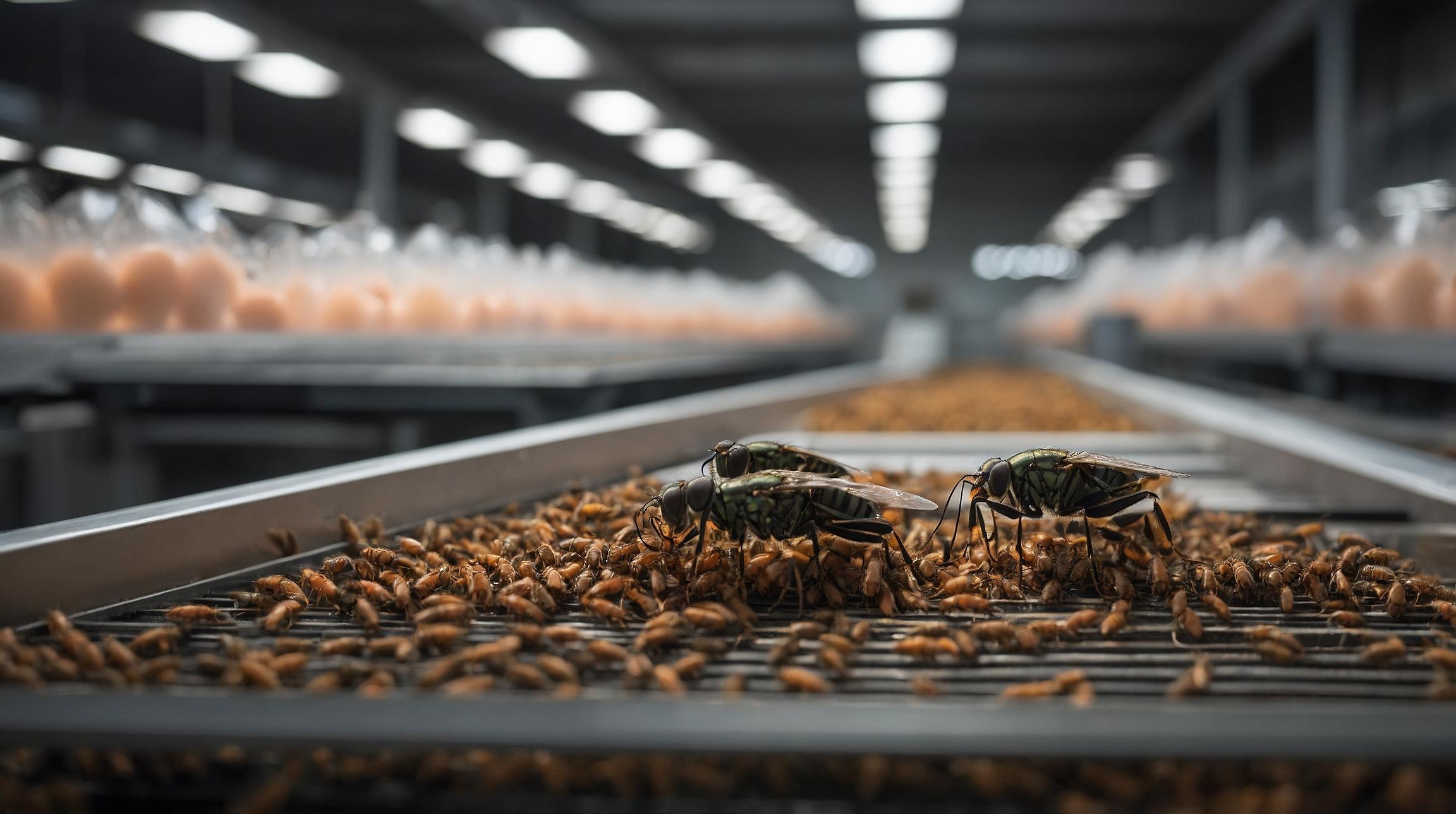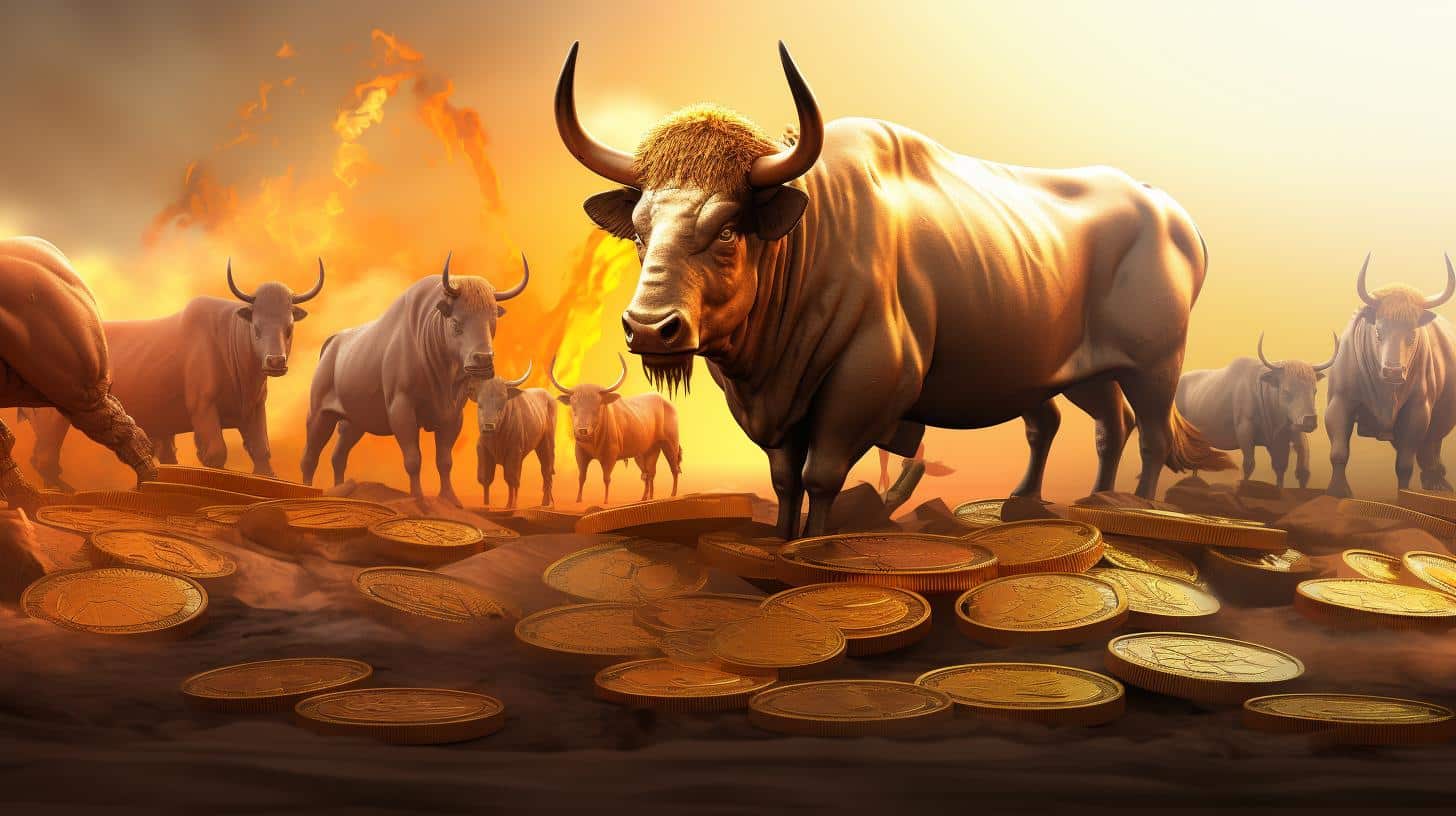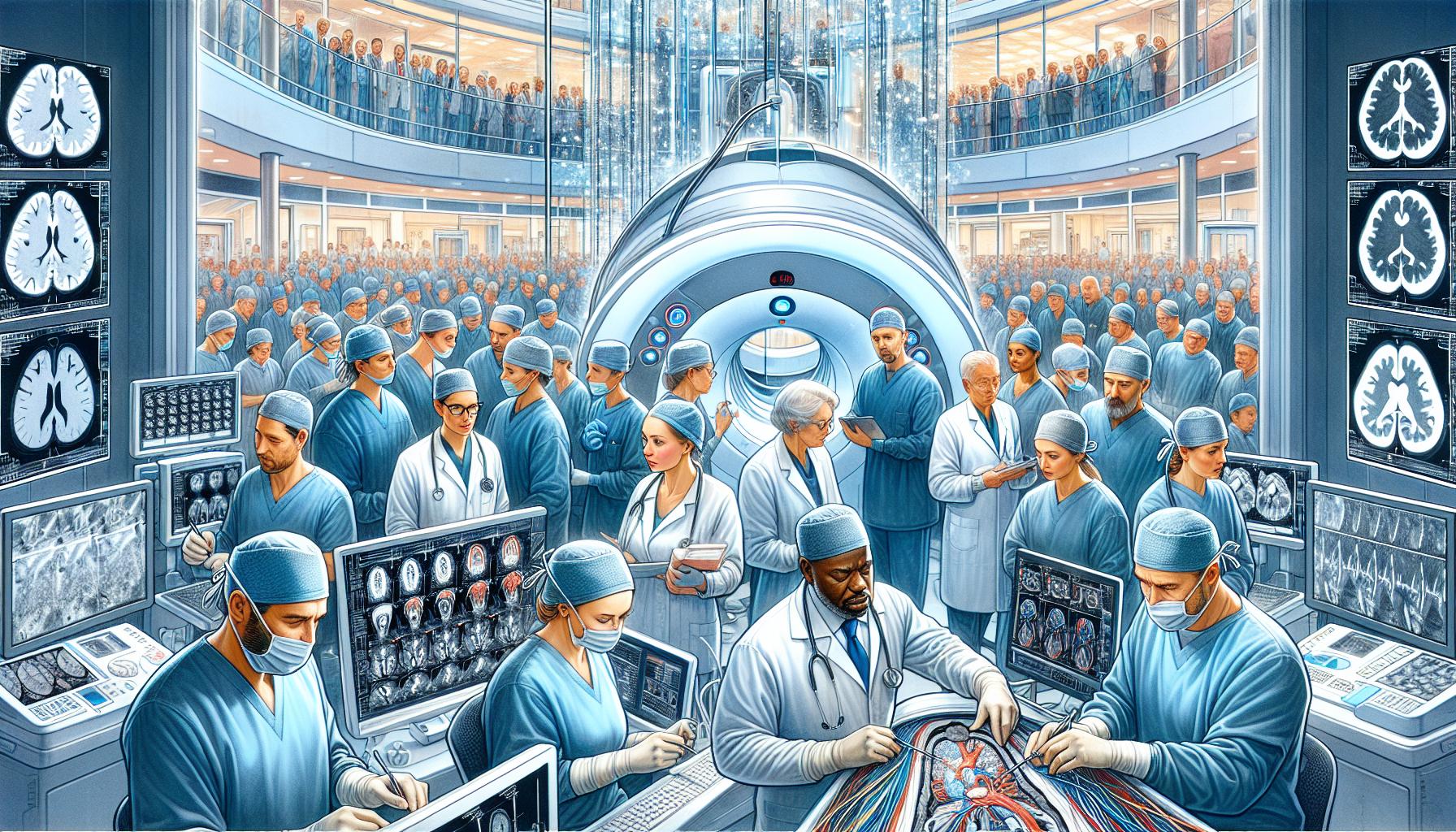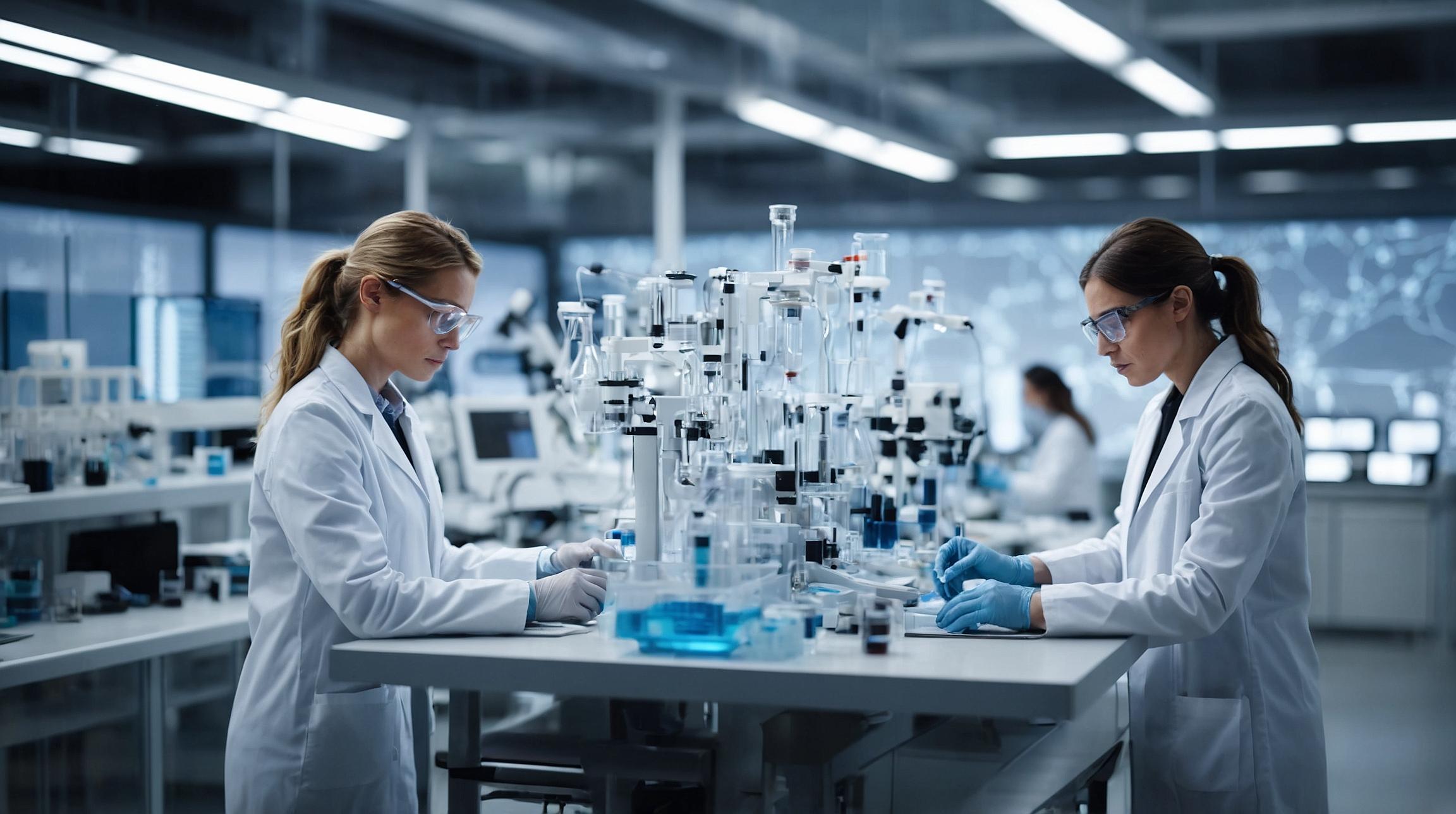Robotics Technology for Climate-Friendly Protein Source
The larvae gain weight so quickly that in just twelve days, 25 kilograms of eggs turn into 100 tons of larvae.
A New Solution for Global Food Supply
In Denmark, larva breeding and robot technology have combined to create a future-ready solution for our global food needs. Enorm Biofactory utilizes the efficiency of the black soldier fly and the precision of Hygienic-Oil robots from Kuka to produce an eco-friendly protein source. Remarkably, these larvae gain weight so fast that within twelve days, 25 kilograms of eggs become 100 tons of larvae.
A Day at the Enorm Biofactory
In a factory hall situated 50 kilometers southwest of Aarhus, Denmark, a fascinating scene unfolds around the clock. Millions of fly larvae feast on food in numerous boxes while Kuka robots continuously move, stack, empty, and fill the containers. Welcome to Enorm Biofactory, Scandinavia's largest and first commercial insect farm! Experts consider insects to be the protein source of the future. As the United Nations projects a world population of 9.7 billion by 2050, the demand for protein is set to skyrocket. Faced with climate change and dwindling resources, sustainable food production becomes crucial, and the black soldier fly might be the key.
Rapid Growth: From Eggs to Tons of Larvae
From 25 kilograms of eggs, 100 tons of larvae are produced. "One gram of black soldier fly eggs equals 30,000 larvae," says Carsten Lind Pedersen, CEO of Enorm. "In just twelve days, 25 kilos of eggs turn into 100 tons of larvae—no other animal does that."
Jane Lind Sam, COO of Enorm, underscores the insect's enormous potential for sustainable protein production: "The larvae can feed on almost any organic matter. We can use waste products from the Danish food industry to nourish them and turn these into high-quality feed protein for animal farming."
Innovative Products: Insect Meal and Oil
Enorm produces two primary products from these fast-growing larvae: insect meal and immune-stimulating insect oil. These are used as a protein-rich feed for fish, poultry, pigs, and pets. "Ingredients based on black soldier fly larvae have a significantly lower CO2 footprint compared to other animal protein sources," notes Pedersen. This setup exemplifies a low-impact, circular economy where the environment and climate are less strained. The larvae are dried, with water being the only by-product, and some larvae are set aside to produce new eggs.
Efficiency through Robotics
The production process at Enorm demands high efficiency and precision, requiring a complex ventilation system to handle the process's heat. "We need to fill, empty, and stack very heavy containers very quickly," explains Pedersen. Rolf Tange, CTO of Sealing System Group, a leading provider of packaging and palletizing solutions, turned to Kuka's flexible Hygienic Oil robots for this challenge.
"We knew Kuka's robots would be perfect for Enorm's insect farm," Tange says. The larvae initially grow in smaller boxes and are then transferred to larger boxes. The robots manage this heavy lifting with ease—filling a new box every seven seconds, 500 per hour, working 20 hours a day.
Automation at Its Best
The plant is nearly fully automated, needing only two employees to oversee operations. Problems with the robots are rare, ensuring smooth, uninterrupted production. "Without Kuka robots, our production would be impossible," emphasizes Pedersen.
Reliable System Partner: Sealing System
Sealing System's significant experience in the food industry contributed to the facility's robust performance. "Working with Kuka has been very successful," says Kim Kildahl Poulsen, Sales Manager at XIO—Intelligent Farming. Kuka's extensive range of Hygienic-Oil robots, meeting all food industry standards, ensures safe and reliable production at Enorm.
Despite their experience, building the Enorm facility posed unique challenges, like dealing with a humid environment due to larvae's water-rich diet. Kuka's specially designed robots managed these conditions flawlessly.
Success in Simulation and Planning
To fine-tune operations, Visual Components' 3D simulation software was crucial. "We could simulate the speed and rhythm of the robots and conveyor systems," Poulsen explains. Kuka-App-Tech's programming also allowed for swift and straightforward robot setup.
Towards Sustainable Food Production
Thanks to Enorm's innovative use of larvae and robotics, Denmark is taking a leading role in sustainable food production. The success of Kuka's technology ensures a promising future where scalable insect farming could help meet global protein needs while minimizing environmental impact.













